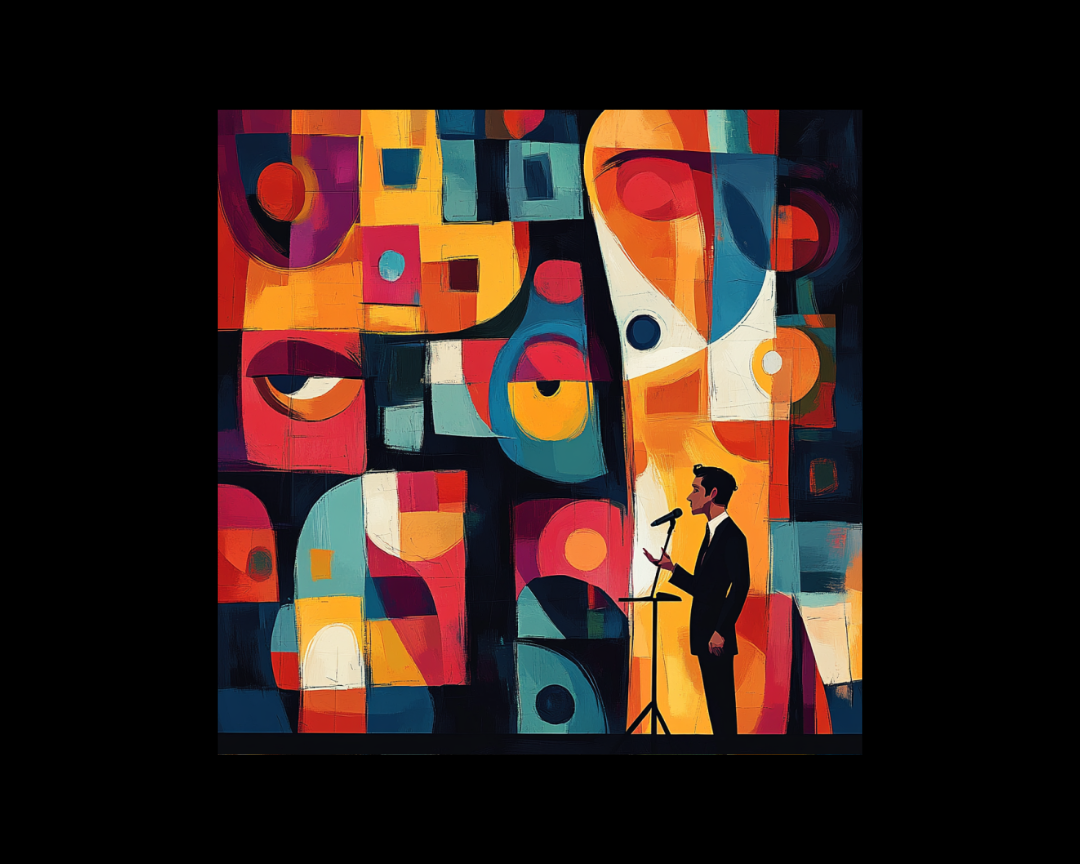All About Generative Engine Optimization (GEO)
A new paradigm is emerging that promises to revolutionize how businesses connect with their audience. Generative Engine Optimization (GEO) is rapidly...

Remember when Google Marketing Live used to announce actual marketing features instead of just different flavors of AI? Those days are officially over. Google Marketing Live 2025 doubled down on their "AI will do everything for you" strategy, announcing that artificial intelligence isn't just helping with your campaigns anymore - it's practically running them. From AI agents that build ad groups while you sleep to browser sidekicks that nag you about missing conversion tags, Google's message was crystal clear: resistance is futile, and your new robot overlords wear very friendly faces.
Google's expansion of ads within AI Overviews and AI Mode to desktop represents a massive shift in search advertising real estate. According to Google's announcement on May 21, 2025, businesses running Performance Max, Shopping, or broad match Search campaigns are automatically eligible for these new placements across desktop environments. Industry analysis from Search Engine Land indicates that AI Overview appearances have grown by 340% since their initial mobile launch, now showing for approximately 15% of all commercial search queries. BrightEdge research shows that AI-powered search features generate 23% higher click-through rates compared to traditional search results, though conversion attribution remains challenging due to Google's bundled reporting approach we discussed in our recent Search Console analysis.
Google's introduction of the Veo model for transforming static product images into dynamic videos marks another step toward full creative automation. The new Asset Studio consolidates AI-powered creative tools, including AI outpainting capabilities that expand video frames for more immersive content experiences. This builds on trends we've analyzed in our comprehensive guide to visual content optimization, where dynamic content consistently outperforms static alternatives in engagement metrics. The integration eliminates traditional video production bottlenecks, allowing marketers to generate professional-quality video content directly from existing product photography. However, the emphasis on AI-generated creative raises questions about brand authenticity and the homogenization of advertising content across Google's platforms.
Google's Smart Bidding Exploration feature targets high-performing search queries that traditional campaigns miss, focusing on exploratory rather than high-intent searches. Research from WordStream indicates that exploratory search queries represent 34% of total search volume but typically receive only 12% of advertising spend due to lower perceived intent signals. The feature uses flexible ROAS targets to capture users researching broadly - like "how to buy a home" versus "mortgage rates" - expanding campaign reach beyond traditional conversion-focused keywords. Google's internal testing shows 18% average conversion increases when campaigns incorporate exploratory search targeting, though success varies significantly by industry vertical and audience sophistication levels.
Google's introduction of "agentic" AI tools in Google Ads and Analytics represents the most significant automation advancement in digital marketing platforms. These AI agents actively create, optimize, and troubleshoot campaigns in real-time rather than simply providing recommendations. The Analytics-side "data expert" agent surfaces insights, identifies trends, and diagnoses performance issues automatically, essentially functioning as an always-available data analyst. Early beta testing shows these tools reduce campaign setup time by 67% while improving performance metrics by an average of 23% across participating advertisers. However, the increased automation raises concerns about marketer skill atrophy and over-reliance on algorithmic decision-making without human strategic oversight.
Google's Marketing Advisor AI assistant, built directly into Chrome, represents a fundamental shift toward browser-integrated marketing management. The tool connects to Google Ads accounts and provides real-time campaign insights, proactively identifying issues like missing conversion tags and suggesting optimization strategies without requiring separate platform access. This development reflects Google's broader strategy of embedding advertising tools directly into daily workflows rather than maintaining separate platform silos.
The Marketing Advisor can make campaign changes with user permission, essentially functioning as a persistent marketing consultant that follows users across their daily web activities. Beta users report 43% faster issue resolution and 28% improved campaign maintenance consistency when using the browser-integrated assistant. However, the tool's deep integration with Chrome raises privacy concerns about Google's data collection across browsing activities and its potential influence on marketing decisions through algorithmic suggestions. The assistant's proactive recommendations could inadvertently steer marketers toward Google-preferred strategies that may not align with broader business objectives or competitive positioning needs.
The Reality Check: Google's AI Push Changes Everything (Including Your Job Description)
Google Marketing Live 2025 made one thing abundantly clear - AI isn't coming to marketing, it's already moved in and rearranged the furniture. From desktop AI Overview ads to browser-based campaign assistants, Google's betting that marketers want machines to handle the heavy lifting while humans focus on strategy and creative direction.
The expansion of AI-powered features across Google's advertising ecosystem offers genuine efficiency gains and performance improvements, but it also raises important questions about marketer agency and strategic control. As these tools become more autonomous, the challenge shifts from learning how to use AI to learning how to direct it effectively.
Ready to harness AI marketing tools without losing your strategic edge? Our team at Hire a Writer understands both the opportunities and pitfalls of AI-driven marketing. Let's build a content and SEO strategy that works with Google's AI evolution while keeping your brand voice authentically human.
-1.png)
A new paradigm is emerging that promises to revolutionize how businesses connect with their audience. Generative Engine Optimization (GEO) is rapidly...
-1.png)
Search Engine Optimization (SEO) is a crucial component of digital marketing that focuses on improving a website's visibility and ranking in search...
-3.png)
Google's search algorithm is constantly evolving, shaping how users find information and how marketers adapt to changes. Moz's original article, 11...